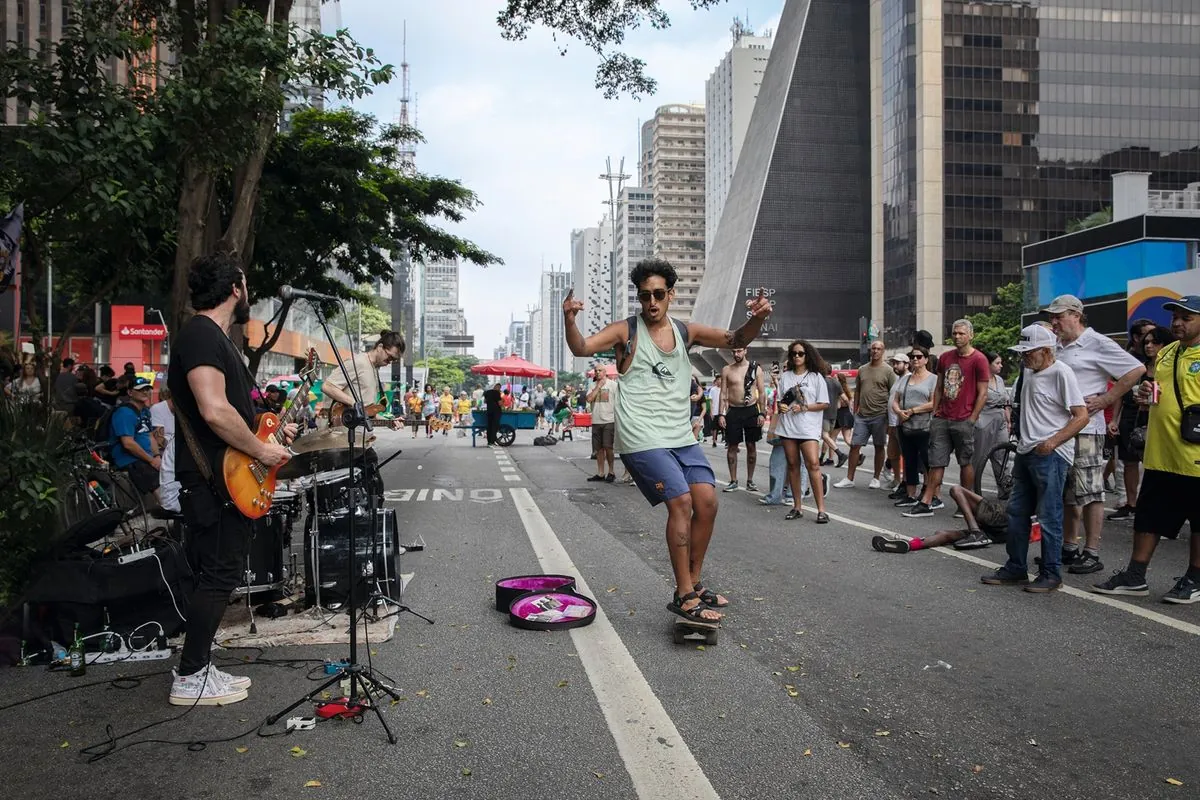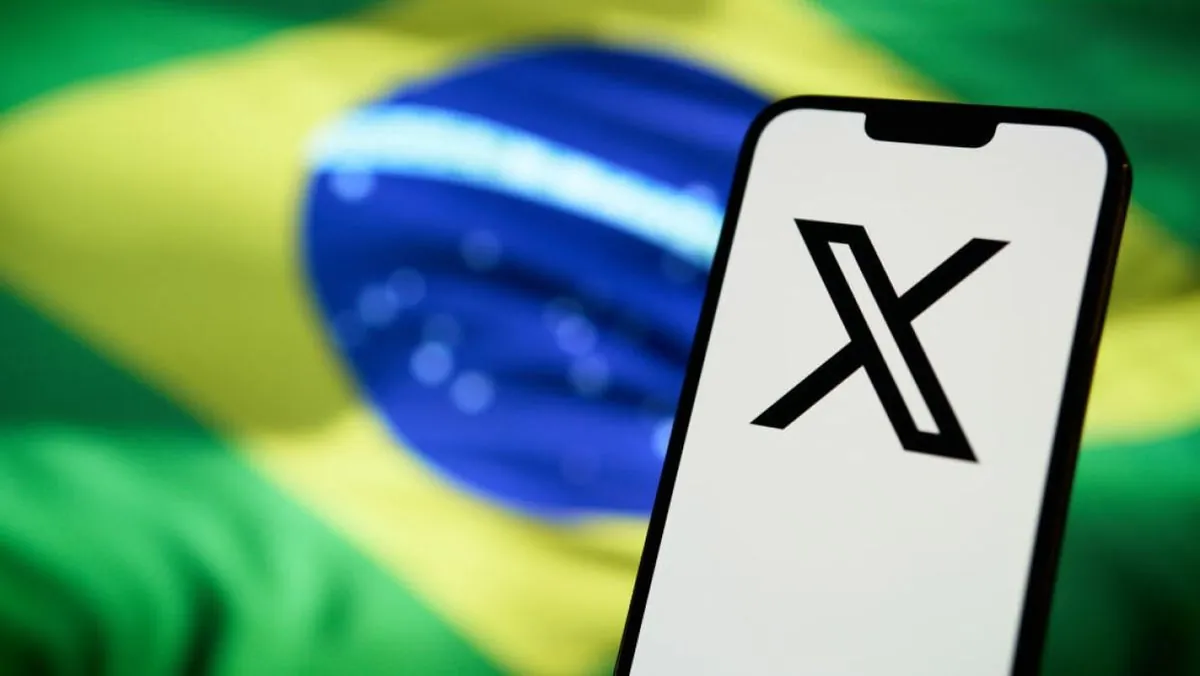Brazil's X Exodus: Social Media Giant's Decline Amid Legal Turmoil
Brazil, once X's largest international market, sees user indifference as the platform faces suspension. The shift highlights changing social media preferences and raises questions about digital governance.

In a surprising turn of events, Brazil, once the largest international market for X (formerly Twitter), has witnessed a significant decline in the platform's popularity. The recent suspension of X by a Brazilian Supreme Court justice has highlighted the changing social media landscape in the country of 215 million people.
Alexandre de Moraes, known for his aggressive stance against misinformation, ordered X to block certain accounts allegedly threatening democracy. This decision, made in late August 2024, sparked a legal battle between Brazilian authorities and Elon Musk's companies.
The reaction from Brazilians has been largely indifferent, reflecting a broader shift in social media preferences. Shirley Sampaio, a 56-year-old jewelry saleswoman, expressed her preference for Instagram, stating, "If they took that away, or WhatsApp, it would hurt. But people don't use X."
This sentiment is supported by recent data. While X once boasted over 40 million Brazilian users, nearly one-fifth of the population, its user base has shrunk to an estimated 22 million. In contrast, platforms like WhatsApp, Instagram, and even the Chinese video-sharing app Kwai have gained significant traction.

The decline of X in Brazil can be traced back to several factors:
- Changing user preferences
- The rise of alternative platforms
- Musk's controversial management decisions
- Legal challenges in the country
Since Musk's takeover in 2022, more than 2 million Brazilian users have left the platform. The recent suspension has further accelerated this exodus, with over 1 million Brazilians reportedly shifting to Bluesky, created by Twitter founder Jack Dorsey, and others flocking to Threads, a social media platform by Meta.
The legal battle has also involved Starlink, another Musk-owned company providing internet services in Brazil. Initially defiant, Starlink eventually complied with the order to block access to X after Anatel, Brazil's telecommunications agency, threatened to revoke its operating license.
"For a good five or 10 years, Twitter was the Brazilian public square. It's where we had most of our conversations of consequence. But then it got less interesting and less consequential. It used to reverberate a lot, but now it is smaller and less important."
This decline marks a significant shift from X's former prominence in Brazil. The platform was once credited with mobilizing massive protests in 2013 and played a role in former president Jair Bolsonaro's rise to power. However, by 2022, only 3% of Brazilians cited X as their preferred source for political news.
The current situation has sparked discussions about digital governance and the power of tech companies. Justice Flávio Dino emphasized the need for public digital governance in a domain dominated by a few businesses, highlighting the potential risks of unregulated platforms.
As Brazilians adapt to life without X, many are exploring alternative platforms or simply continuing their social media activities on more popular apps. The subreddit r/Twitter_Brasil has become a gathering place for former X enthusiasts to discuss their next moves and share their frustrations.
This ongoing saga serves as a reminder of the ever-changing nature of social media landscapes and the complex interplay between technology, governance, and user preferences in the digital age.


































